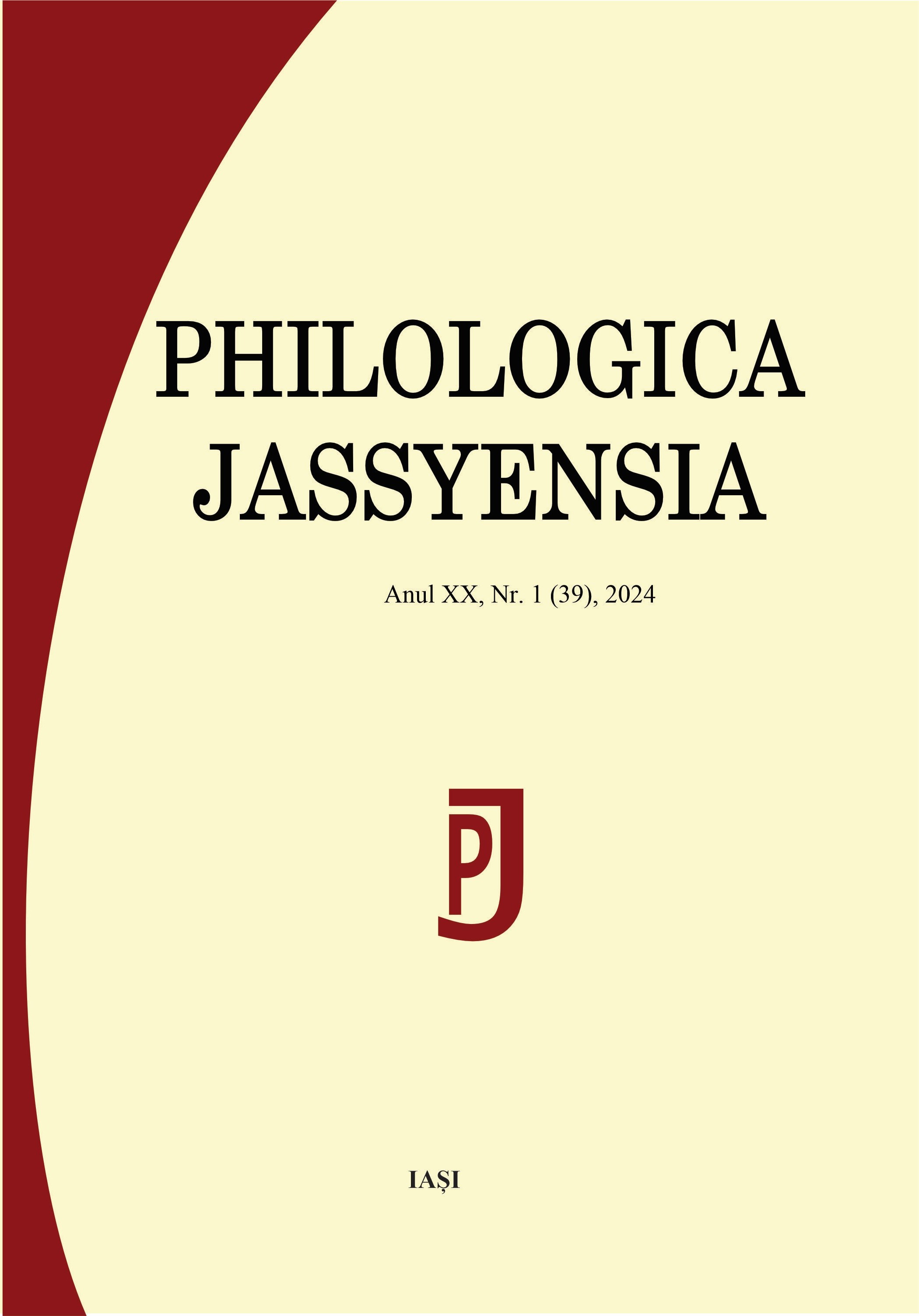Flucht und Migration in gegenwärtigen Kinder- und Jugendromanen. Auswirkungen des Heimatverlustes in Dazwischen Ich (2016) von Julya Rabinowich
Escape and Migration in Contemporary Children’s and Young Adult Novels. Impacts of the Loss of Homeland in Dazwischen Ich (2016) by Julya Rabinowich
Author(s): Maria Liane CristianSubject(s): German Literature
Published by: Editura Tracus Arte
Keywords: Julya Rabinowich; refugee and migration literature; loss of homeland; loss of identity; child and youth literature; german contemporary literature; estrangement; development; role reversal; assumption
Summary/Abstract: In the young adult novel Dazwischen Ich by Julya Rabinowich, the arrival phase of the young protagonist Madina is explored. The loss of her homeland signifies not only a spatial separation for the protagonist but also personal development and change. At the core of this discussion is the central question of the impact of leaving one’s homeland. What processes of alienation does the protagonist undergo due to her uprooting after the escape, and is it appropriate to speak of a loss of identity? Simultaneously, one can pose the question of whether a new identity formation takes place in the course of these experiences. To examine identity formation more closely, an attempt is made in the first part of this paper to define the terms identity, adolescence, and identity formation, in order to subsequently examine them through a detailed textual analysis. The selected work focuses on the portrayal of Madina, a 12-year-old girl of Muslim background who arrives in Germany with her family. The investigation reveals that Madina crystallizes a new identity through her efforts to acquire language quickly, adapt rapidly to new routines in the destination country, and desire to participate in the new culture. Her close friendship with Laura, a native girl, accelerates Madina’s assimilation process and enhances the influence of peers in adolescence. Moreover, increased focus on her outward appearance as a Muslim teenager emphasizes age-appropriate priorities and contributes to the formation of her new identity. Madina experiences familial estrangement based on her rapid adaptation to the new culture and mentality of the destination country, particularly critically viewed by her father. He regards his daughter’s changes and assimilation processes with concern, fearing the loss of traditional values and religious practices. Madina finds herself at a threshold between the process of arriving and detaching from the family, closely linked to the loss of her homeland, which represents a transitional space where she has the opportunity to redefine herself and form a new identity, influenced by the culture of the destination country. The positioning between worlds highlights the obstacles Madina must overcome after arrival, particularly during her accommodation phase and assuming adult responsibilities such as translations, discussions with authorities, and acting as a mediator for her parents and caregiver for her younger brother, due to the language barrier. The investigation also demonstrates that access to education contributes to a faster integration process for Madina, enabling her to accept the destination country as her new home. In contrast to her parents, Madina shows willingness to detach from her homeland, further contributing to the formation of a new identity. Finally, it is observed that due to her young age, the estrangement is more visible, but accommodation and integration progress more rapidly.
Journal: Philologica Jassyensia
- Issue Year: XX/2024
- Issue No: 1 (39)
- Page Range: 179-190
- Page Count: 12
- Language: German

